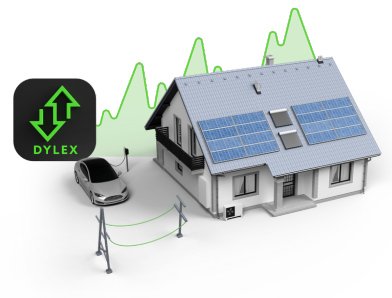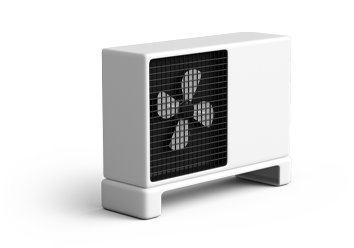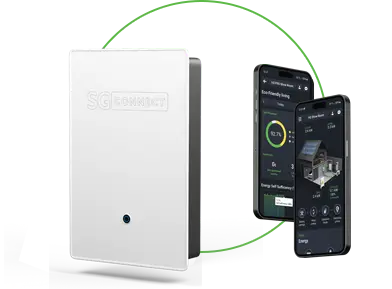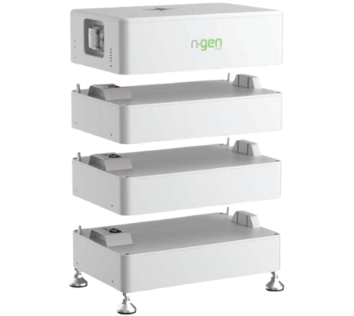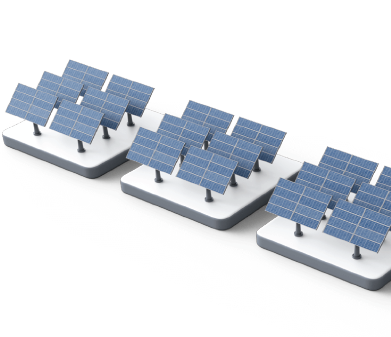Dynamic pricing and direct participation in the electricity market: Smart meters not only allow users to monitor and optimize their energy consumption but also provide access to dynamic electricity prices. This means that the price of electricity can change in real-time or in individual hourly blocks, depending on supply and demand in the market. Users can thus take advantage of periods with lower prices to reduce their costs or, in the case of self-generation, sell electricity at higher prices when demand is higher.
In addition, smart meters enable users to directly participate in the electricity market, which also includes interaction with energy storage systems. Energy storage systems are crucial for efficient management of renewable energy sources, as they allow surplus energy to be stored for later use during periods of higher demand or when renewable energy production is insufficient. With smart meters, users can optimize the use of their storage systems by storing energy when it is cheap and consuming or selling it when prices are higher.
This direct participation in the electricity market not only brings financial benefits to individual users but also contributes to the stability and efficiency of the entire energy system. By increasing the number of active participants in the market who responsively manage their consumption and production, the need for traditional fossil fuel sources decreases, and the role of renewable sources and energy storage technologies increases. Smart meters thus play a crucial role in transitioning to a cleaner, more sustainable, and decentralized energy system.
This model not only increases the efficiency of locally produced electricity but also promotes solidarity and collaboration among users. Communities operating in this manner can reduce their dependence on centralized electricity supply, lower energy costs for all community members, and contribute to greater energy self-sufficiency and sustainability. Moreover, this approach encourages the expansion of renewable energy sources, as groups can more easily invest in joint energy production projects, such as shared solar parks or wind turbines, knowing they can optimize the distribution and use of produced energy among their members.


